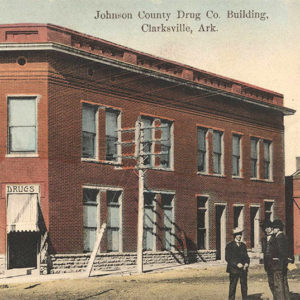 Johnson Drug
Johnson Drug
Time Period: Early Twentieth Century (1901 - 1940) - Starting with J
 Johnson Drug
Johnson Drug
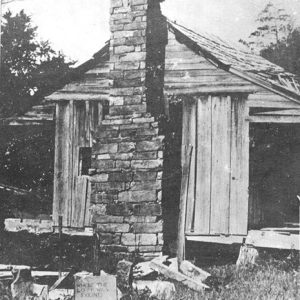 Ambrose Johnson Home
Ambrose Johnson Home
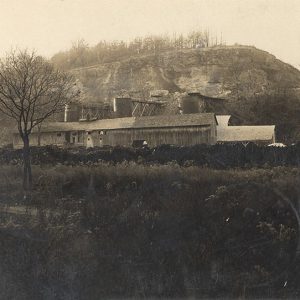 Johnson Lime Kiln
Johnson Lime Kiln
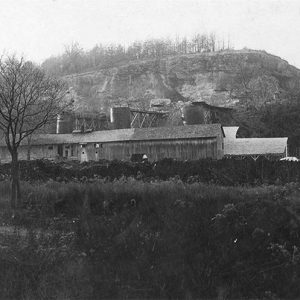 Johnson Lime Kiln
Johnson Lime Kiln
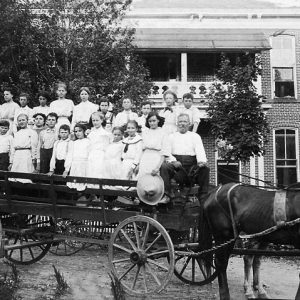 Johnson Mill Sunday School Class
Johnson Mill Sunday School Class
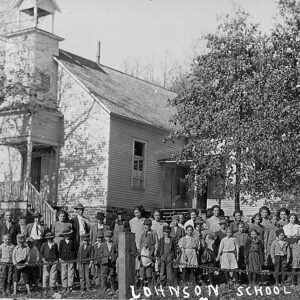 Johnson School
Johnson School
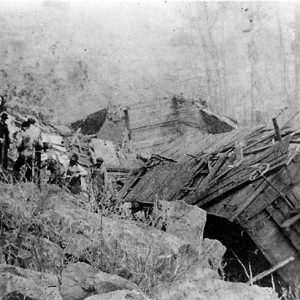 Johnson Train Wreck
Johnson Train Wreck
Johnson, Cecil Ernest
Johnson, Henry (Lynching of)
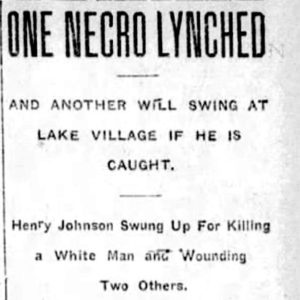 Henry Johnson Lynching Article
Henry Johnson Lynching Article
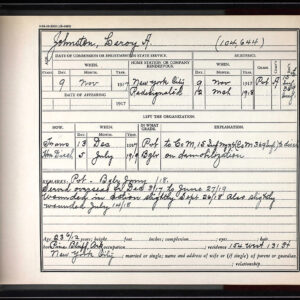 Johnston Military Record
Johnston Military Record
Johnston, David Augustine Elihue
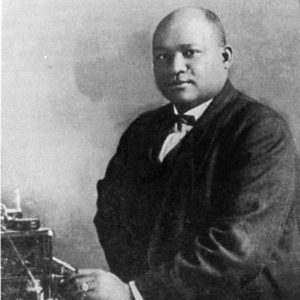 D. A. E. Johnston
D. A. E. Johnston
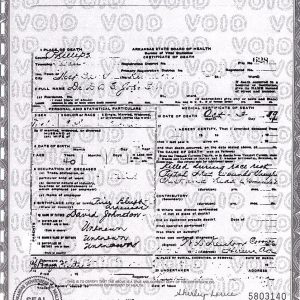 D. A. E. Johnston Death Certificate
D. A. E. Johnston Death Certificate
Johnston, Leroy Alfred
Johnston, Lewis Harrison (L. H.)
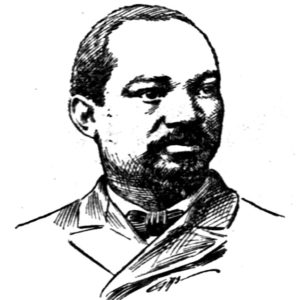 Lewis Johnston Jr.
Lewis Johnston Jr.
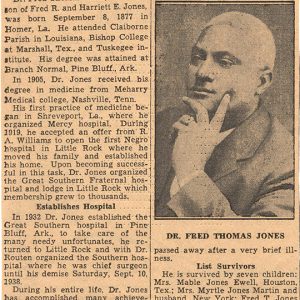 Jones Death
Jones Death
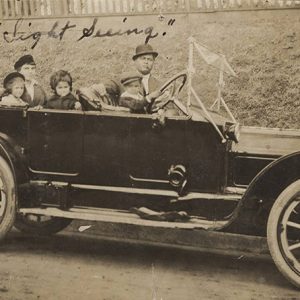 Jones Family
Jones Family
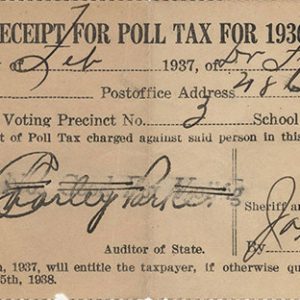 Jones Poll Tax Receipt
Jones Poll Tax Receipt
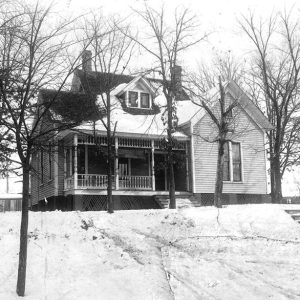 Jones Residence
Jones Residence
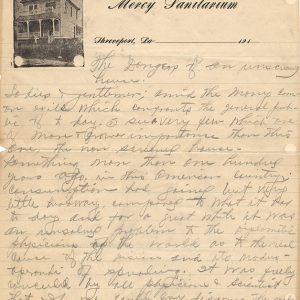 Jones Speech
Jones Speech
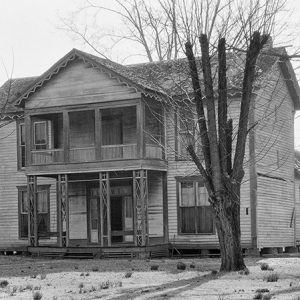 Daniel Jones House
Daniel Jones House
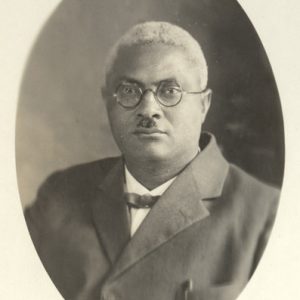 Fred Thomas Jones
Fred Thomas Jones
Jones, Fred Thomas
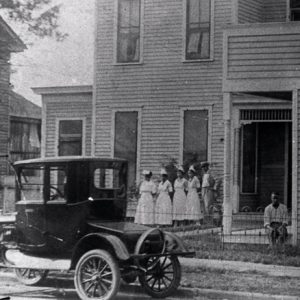 Fred Jones and Nurses
Fred Jones and Nurses
Jones, Harvey
Jones, Judge (Lynching of)
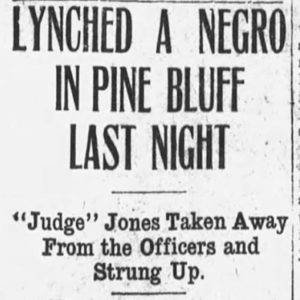 Judge Jones Lynching Article
Judge Jones Lynching Article
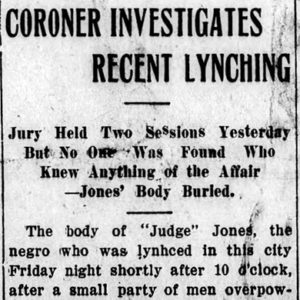 Judge Jones Lynching Article
Judge Jones Lynching Article
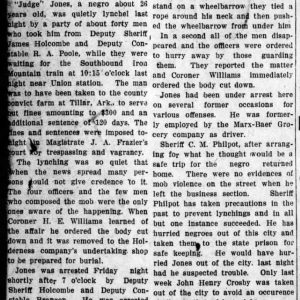 Judge Jones Lynching Article
Judge Jones Lynching Article
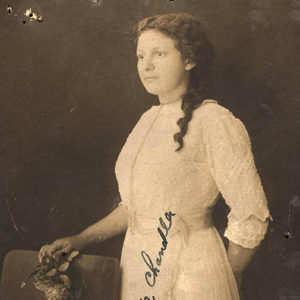 Katie Chandler Jones
Katie Chandler Jones
Jones, Oscar Eve (O. E.)
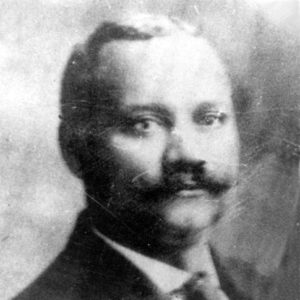 Scipio Jones
Scipio Jones
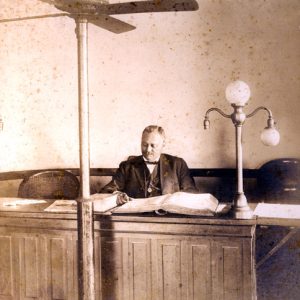 Scipio Jones
Scipio Jones
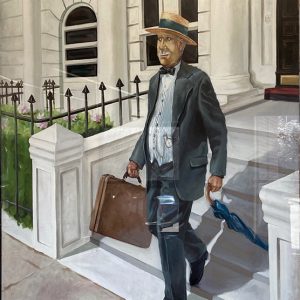 Scipio Jones Portrait
Scipio Jones Portrait
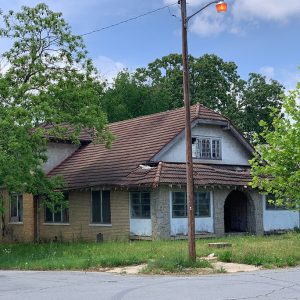 Scipio A. Jones House
Scipio A. Jones House
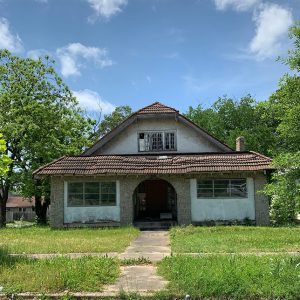 Scipio A. Jones House
Scipio A. Jones House
Jones, Scipio Africanus
Jones, Willa Saunders
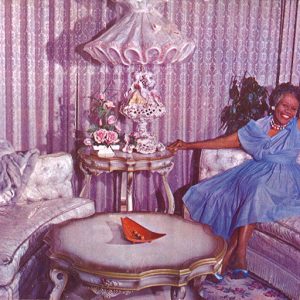 Willa Saunders Jones
Willa Saunders Jones
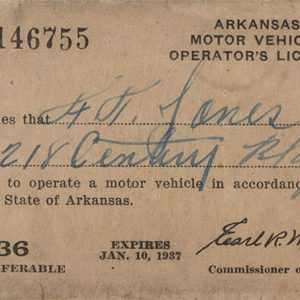 Jones's License
Jones's License
Jonesboro Baptist College
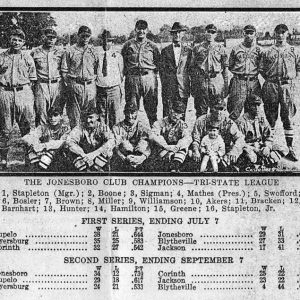 Jonesboro Buffaloes
Jonesboro Buffaloes
Jonesboro Church Wars
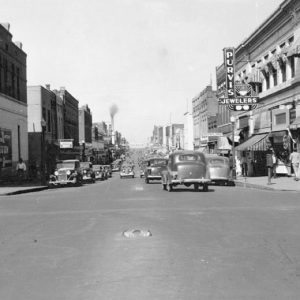 Jonesboro Main Street
Jonesboro Main Street
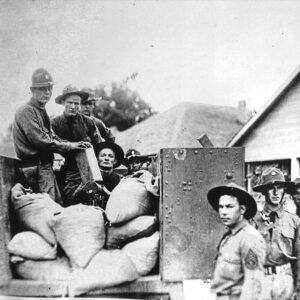 Jonesboro Soldiers
Jonesboro Soldiers
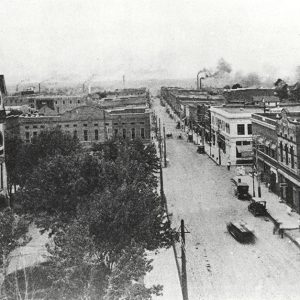 Jonesboro Street Scene
Jonesboro Street Scene
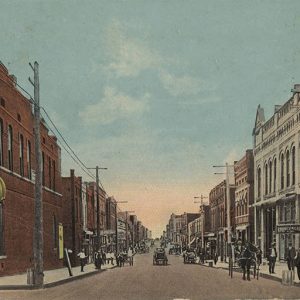 Jonesboro Street Scene
Jonesboro Street Scene
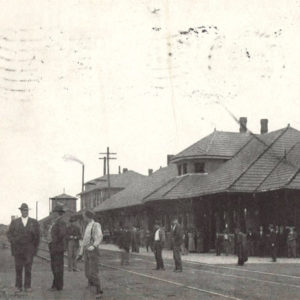 Jonesboro Union Station
Jonesboro Union Station




